Congress vice president Rahul Gandhi on Thursday expressed himself against the Supreme Court order which declared homosexuality as illegal, saying he agrees with the Delhi high court which had de-criminalised gay sex.
"I personally believe that these are matters of personal freedom. I think, I would agree more with the high court verdict," the Congress vice president said in brief remarks to media without taking any questions.
The Delhi high court had declared homosexuality as legal but the Supreme Court on Wednesday overturned that verdict.
"I think these matters should be left to the individuals. These are personal choices. This country is known for its freedom, freedom of expression. So let that be," Rahul said.
The SC ruling has triggered an uproar, prompting the government to promise urgent steps to overturn it. His comments came hours after his mother and Congress chief Sonia Gandhi said she was disappointed that the apex court had reversed the high court judgement and hoped Parliament would address the matter.
'Parliament can legislate on this issue'
Image: Leader of the opposition in Lok Sabha Sushma SwarajThe Bharatiya Janata Party on Thursday put the ball in the government's court on the Supreme Court verdict on homosexuality, saying it will take a stand on the matter if the Manmohan Singh dispensation calls an all-party meeting and presents a proposal for amending Section 377 of the Indian Penal Code.
Asked for its reaction to the apex court's verdict making homosexuality illegal, the BJP refused to take a categorical stand. The party also said UPA Chairperson Sonia Gandhi merely expressing disappointment over the verdict and expressing the hope that Parliament will address the issue are not enough.
"The Supreme Court has also said Parliament can legislate on this issue. The government can call an all-party meeting and we will tell our view there on the issue after seeing the government proposal," Leader of the opposition in Lok Sabha Sushma Swaraj told media persons.
'Disappointed that SC reversed lower court ruling'
Amid an uproar over the Supreme Court verdict on gay rights issue, Congress chief Sonia Gandhi on Thursday said she was disappointed that the apex court had reversed a previous Delhi high court judgement decriminalising homosexuality and hoped Parliament would address the matter.
"I am disappointed that the Supreme Court has reversed a previous Delhi High Court ruling on the issue of gay rights. The High Court had wisely removed an archaic, repressive and unjust law that infringed on the basic human rights enshrined in our Constitution," the UPA Chairperson said.
"This Constitution has given us a great legacy, a legacy of liberalism and openness, that enjoin us to combat prejudice and discrimination of any kind," the statement said.
“We are proud that our culture has always been an inclusive and tolerant one. The SC also suggested another course. I hope the Parliament will address this issue and uphold the constitutional guarantee of life and liberty to all citizens of India, including those affected by this judgement,” she added.
...
'We have gone back to 1860'
In a big blow to the LGBT community, the Supreme Court had on Wednesday set aside the landmark high court judgement decriminalising gay sex and threw the ball in Parliament's court for amending law.
Earlier on Thursday, many parliamentarians, including Law and Justice Minister Kapil Sibal, Finance Minister P Chidambaram, Brinda Karat and Derek O’Brien, expressed unhappiness over the Apex court’s order.
Chidambaram said the government should ask for a review for a curative petition and the matter should be referred to a five-judge bench.
"I think the bench should have referred it to a five-judge bench and they should have looked into all aspects of law. Interpretation of law cannot be static. What you have done is, (you have) gone back in time, in 1860, and I am therefore terribly upset," Chidambaram said.
Noting that the current section 377 was made in the year 1860, the Finance Minister said it reflected the social and moral values of that age and the knowledge of psychology, physiology, genetics in that era was extremely poor.
"But today in the year 2013, there is so much knowledge about human psychology, human physiology, human genetics to say that something like intercourse against the order of nature (is not right) and that is the social and moral value today, and therefore, it is the legal value of today. That (judgment) is completely outdated, completely retrograde," he said.
When asked why the government did not amend section 377 while amending the rape laws in the wake of Delhi gang-rape incident, Chidambaram said the high court judgment laid down section 377 only in a limited manner.
"They decriminalised homosexuality only among consenting adults and in private. Therefore, there was no need to amend section 377," he said.
...
'All human beings are born free and equal in dignity and rights'
UN chief Ban Ki-moon has stressed on the need for equality and opposed any discrimination against lesbians, gays and bisexuals.
The Secretary General "re-affirmed that all human beings are born free and equal in dignity and rights. He once again spoke out against discrimination against lesbian, gay,
bisexual, transgender or inter-sex people and stressed the need to recommit ourselves to building a world of freedom and equality for all," Ban's spokesperson Martin Nesirky said when asked to comment on the Supreme Court ruling.
In his message on the occasion of Human Rights Day, observed on December 10, Ban said the global body denounces all attacks on lesbian, gay, bisexual, transgender (LGBT) or intersex people.
"We oppose all arrests, imprisonments and discrimination they suffer. And we recommit ourselves to building a world of freedom and equality for all," the UN Secretary General said.

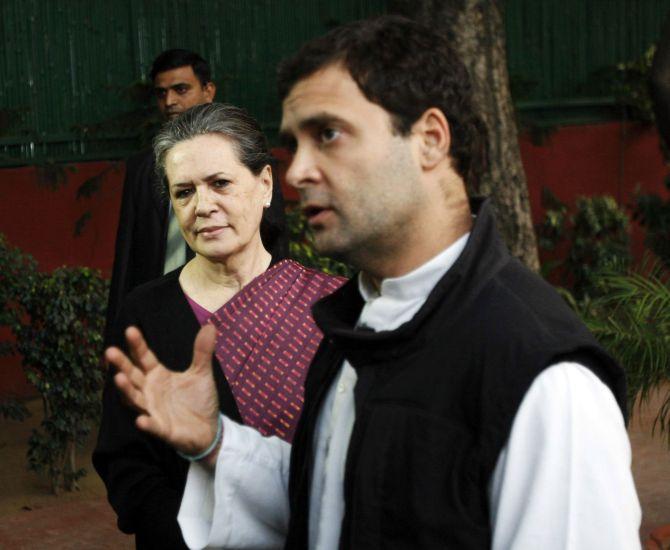
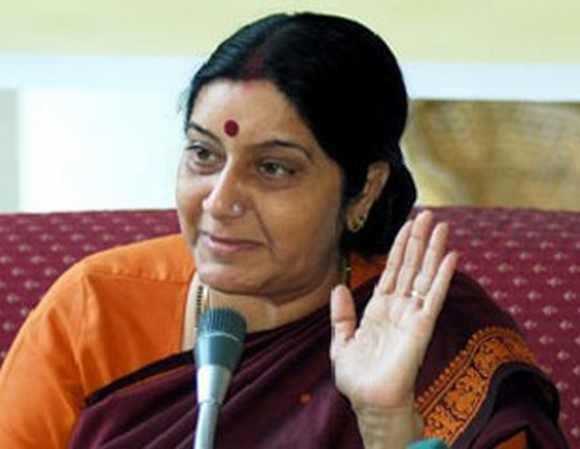
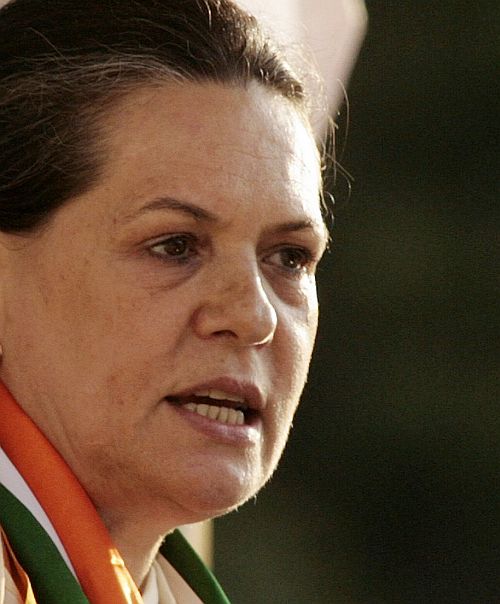
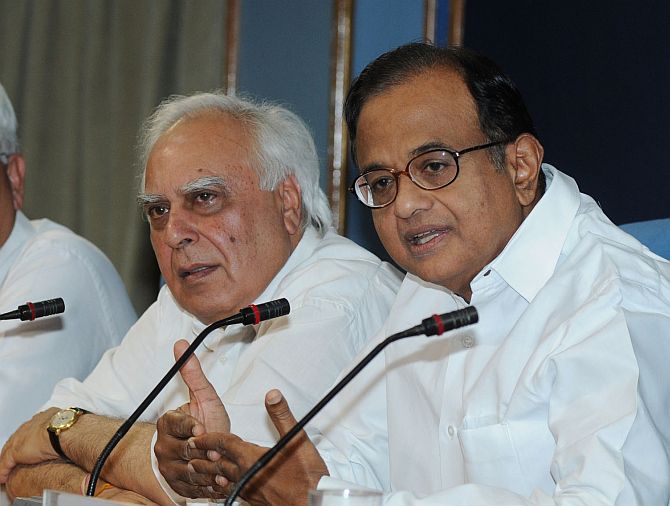
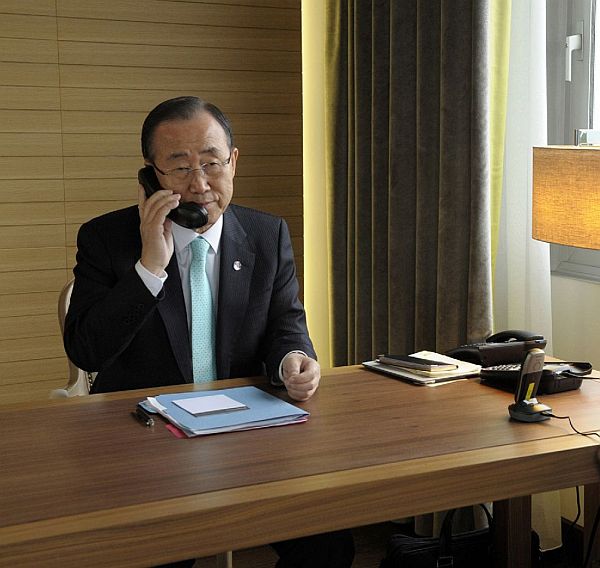
article